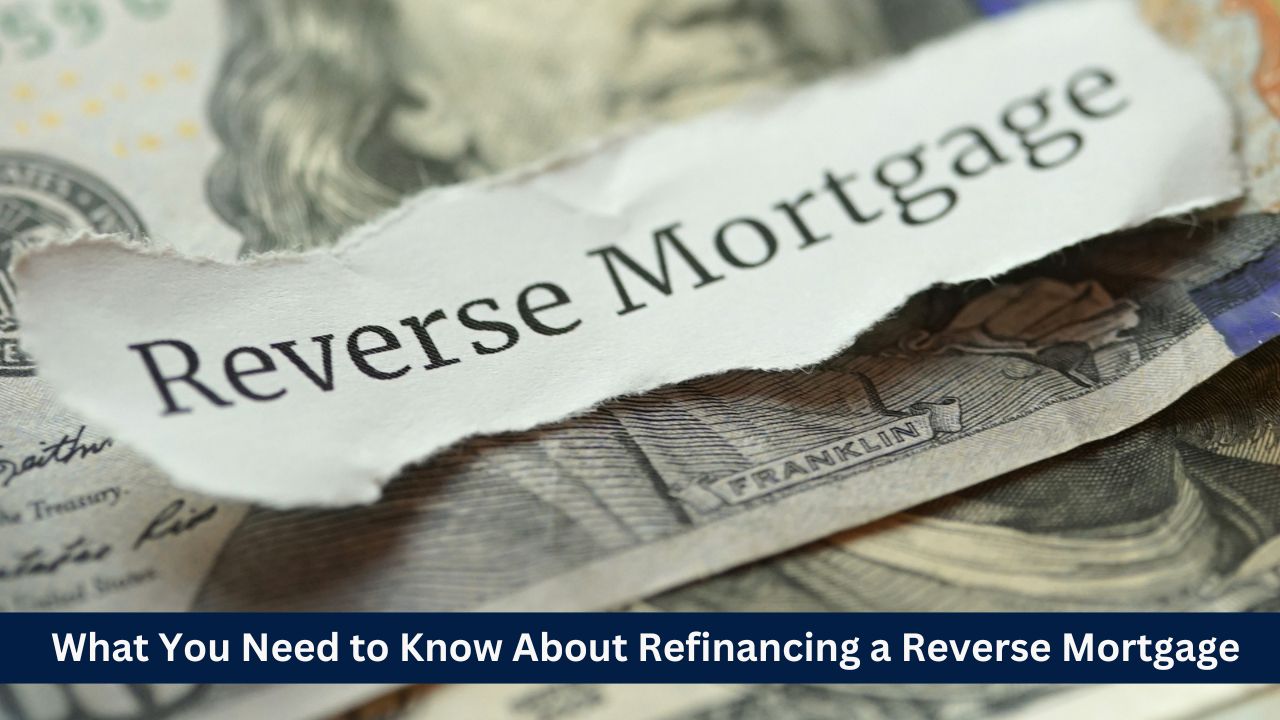Reverse Mortgages for Retirement Planning
 As homeowners approach retirement, many begin to think about how to maximize their financial security while maintaining independence. For those who own a home with significant equity, a reverse mortgage can provide an additional source of income. While this product is not right for everyone, it can be a powerful tool for retirees who want to supplement their savings.
As homeowners approach retirement, many begin to think about how to maximize their financial security while maintaining independence. For those who own a home with significant equity, a reverse mortgage can provide an additional source of income. While this product is not right for everyone, it can be a powerful tool for retirees who want to supplement their savings.
How Reverse Mortgages Work
A reverse mortgage allows homeowners aged 62 or older to convert a portion of their home equity into cash. Unlike traditional mortgages, there are no monthly payments required. Instead, the loan balance grows over time and is repaid when the homeowner sells the property, moves out, or passes away. Funds can be received as a lump sum, monthly payments, or a line of credit.
Benefits for Retirees
One of the main advantages of a reverse mortgage is the ability to access funds without selling your home. This can be especially useful for retirees who want to stay in their homes while covering living expenses, medical costs, or other financial needs. Because the loan does not require monthly payments, it can help improve cash flow and reduce financial stress.
Important Considerations
Reverse mortgages come with responsibilities and risks. Homeowners must continue to pay property taxes, insurance, and maintain the home. If these obligations are not met, the loan could become due. Additionally, because the loan balance grows over time, the amount of equity left for heirs will be reduced. It is important for retirees to weigh the benefits of financial relief against the potential impact on their estate.
Who Should Consider a Reverse Mortgage
A reverse mortgage can make sense for retirees with substantial home equity who plan to remain in their property long term. It can be particularly helpful for those with limited retirement savings but high housing wealth. However, it is not ideal for individuals who plan to move soon or who wish to leave their home as a major inheritance.
For the right homeowner, a reverse mortgage can provide greater financial flexibility in retirement. Careful consideration, along with professional guidance, can ensure this tool is used wisely and in alignment with long-term goals.
 A reverse mortgage can be a powerful financial tool for homeowners aged 62 and older, providing access to home equity without the burden of monthly mortgage payments. If you’re considering this option, here’s a step-by-step guide to help you navigate the process.
A reverse mortgage can be a powerful financial tool for homeowners aged 62 and older, providing access to home equity without the burden of monthly mortgage payments. If you’re considering this option, here’s a step-by-step guide to help you navigate the process. If you have a reverse mortgage, you may be wondering whether refinancing is an option. The good news is that yes, you can refinance a reverse mortgage, and doing so may offer financial benefits depending on your situation. Here’s what you need to know about refinancing, including reasons to consider it, eligibility requirements, costs, and key factors to keep in mind.
If you have a reverse mortgage, you may be wondering whether refinancing is an option. The good news is that yes, you can refinance a reverse mortgage, and doing so may offer financial benefits depending on your situation. Here’s what you need to know about refinancing, including reasons to consider it, eligibility requirements, costs, and key factors to keep in mind.